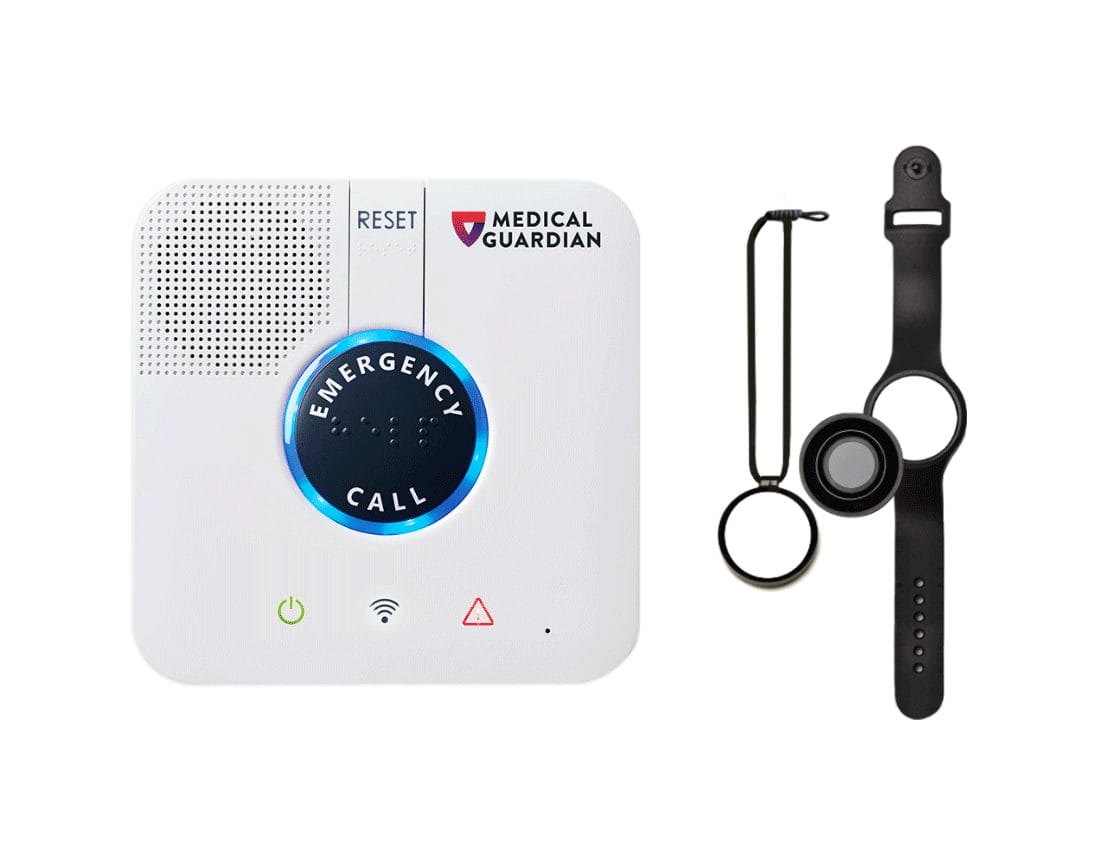
Tax scams are a prevalent and serious issue, especially for older adults, who are often the primary targets of these deceptive practices. As tax season approaches, it’s important to be well-informed and vigilant to protect yourself and your loved ones from becoming victims. This article aims to shed light on common tax-related scams, how to recognize them, and the steps to take if you suspect you’ve been scammed.
IRS impersonation phone scam
One of the most common tax scams involves fraudsters impersonating IRS officials. These scammers typically contact their targets via phone, often leaving urgent callback requests. They demand immediate payment or personal information, posing as IRS agents and using fake names and bogus IRS identification badge numbers. They may even alter the caller ID to make it look like the IRS is calling.
If you or your loved one live in a senior living community, like an assisted living or a nursing home, you may think you’re safe from these phone scams. Scammers make these calls to landlines but also to cell phones. So, even if you live in a senior living community or don’t have a landline, you need to remain vigilant and beware of calls to a cell phone.
How to spot the IRS impersonation phone scam
Be alert for common signs of this scam. Fraudsters often request payment through prepaid debit cards or gift cards. They may also threaten you with arrest, deportation, or license revocation if you do not immediately comply with their demands. Remember, the IRS will never threaten to bring in local police, immigration officers, or other law enforcement to have you arrested for not paying. They also cannot revoke your driver’s license, business license, or immigration status. Such threats are common tactics scammers use to instill fear and urgency.
Risks of this tax scam and how to avoid it
The risks of falling for this scam include financial loss and identity theft. Never give out personal information over the phone to avoid being a victim. The IRS rarely initiates contact via phone call. If you are unsure whether a call is legitimate, hang up immediately and contact the IRS directly.
Email phishing scams
Another method fraudsters use is phishing scams: sending emails that appear to be from the IRS, intending to steal personal information. These emails often include a link to a bogus website intended to mirror the official IRS website.
How to spot the email phishing scam
These emails usually contain unsolicited requests for personal or financial information. Look for signs of the scam, like poor grammar, fake IRS logos, strange-looking email addresses, and links or attachments. The IRS does not initiate contact with taxpayers by electronic communication, including emails, text messages, and social media channels, to request personal or financial information.
Risks of this tax scam and how to avoid it
The primary risks here are identity theft and financial fraud. Do not click on links or download attachments from unknown or unsolicited emails. Always verify the email’s authenticity and report any suspicious IRS-related phishing attempts.
Fake charities
Scammers also set up fake charities, often during times of disaster or crisis, to steal money or get personal information from taxpayers. They may even claim that donations are tax-deductible, but since the money is not actually going to a charitable organization, they are not.
How to spot the fake charities scam
Be wary of charities with names similar to nationally known organizations or that you have never heard of. They may reach out via email, phone calls, or fake websites and request gift card payments or wire transfers. Fraudulent charities usually use high-pressure tactics and are unwilling to provide details about their identity, mission, costs, and how the donation will be used.
Risks of this tax scam and how to avoid it
Besides financial loss, donating to fake charities can lead to the theft of personal information. To avoid falling victim to this scam, check if the charity is legitimate using the IRS’s Tax Exempt Organization Search tool. Legitimate charities will be listed there. Resist requests for urgent donations or strange payment methods.
Tax preparer fraud
Tax preparer fraud is a critical concern. In this scam, dishonest preparers use their clients’ information for refund fraud or identity theft. These preparers might promise inflated refunds, use unorthodox methods to calculate taxes, or charge fees based on a percentage of the refund.
How to spot the tax preparer scam
Be cautious of tax preparers who promise unusually high refunds or charge fees based on the size of the refund. Another red flag is if they ask you to sign a blank or incomplete tax return. A reputable tax preparer will always be transparent about their services and fees and will review the return with you before filing.
Risks of this tax scam and how to avoid it
The risks include identity theft, financial loss, and potential legal complications. To avoid falling victim to this scam, choose a tax preparer with proper IRS qualifications and a good reputation. Check their history with the Better Business Bureau and ensure they have a preparer tax identification number (PTIN).
Ghost tax preparer scam
Another scam to be aware of is the ghost tax preparer scam. Ghost preparers do not sign their tax returns, which violates IRS regulations. These individuals often promise big refunds and charge high fees, but they don’t attach their names to the tax return, leaving you responsible for any errors. They may also steal the individual’s tax refund by depositing it in their own bank account.
How to spot the ghost tax preparer scam
A telltale sign of a ghost preparer is their refusal to sign the tax return or provide a PTIN. They may also insist on cash payments without providing a receipt or include incorrect information on tax returns. Ensure that any tax preparer you use signs the return and includes their PTIN as required by law.
Risks of this tax scam and how to avoid it
The risks associated with ghost preparers include stolen refunds, incorrect tax returns, and potential legal issues. To avoid these risks, never agree to work with a tax preparer who refuses to sign your return. The IRS has a directory of credentialed tax preparers to help you find a trustworthy tax professional in your area. Always ensure your tax return is accurate and fully completed before signing it yourself.
Beware of tax scams
Tax scams pose a significant threat, especially to older adults, who are common targets of these schemes. Recognizing the signs of these scams is crucial in protecting yourself and your finances. Always exercise caution with unsolicited communications, verify the legitimacy of tax preparers and organizations, and be wary of promises of inflated refunds.
If you suspect you have been a tax scam victim, it’s important to act quickly. Contact the IRS and report the incident. You may also need to take additional steps, such as contacting your bank, changing passwords, or seeking legal advice.
Remember, the best defense against tax scams is knowledge and vigilance. Stay informed about the latest scam tactics, and don’t hesitate to seek advice from trusted professionals or the IRS if you encounter any suspicious activity. With the right precautions and awareness, you can protect yourself from becoming a victim of these deceptive practices during tax season and beyond.








